WEBINAR
28/03/2023. Online
Free entry, registration required.
ICEX Spain Trade & Investment has recently launched its third report on the Foodtech sector in Spain. As a result, a webinar on “Foodtech in Spain: Addressing new challenges across the food value chain” will take place, featuring prominent stakeholders, from investors, and innovation hubs, to corporations and startups, of the Spanish foodtech ecosystem who were highlighted in the report and are currently developing initiatives to support innovative solutions to various challenges. The webinar aims to give visibility to the Spanish Foodtech ecosystem and showcase its potential to become a leading Foodtech Nation.
WHY PARTICIPATE
The Foodtech industry in Spain is experiencing a significant transformation towards more sustainable and efficient projects, aided by public and private support at regional and national levels. These developments have helped Spain maintain its strength in Foodtech investment, even in the face of the industry’s most significant investment drop.
Despite the challenges, the Foodtech sector in Spain saw a rise of up to €268M in 2022, representing a 9.38% increase since the previous year, excluding the Glovo effect, as revealed in our latest report “Addressing new challenges across the food value chain”.
In addition to successfully securing significant investment operations with both national and international players, the Foodtech industry has witnessed a substantial growth in the number of operators within its ecosystem. This includes a notable increase from 407 to 412 startups in the past year, alongside over 30,000 companies engaged in food transformation. Furthermore, the industry benefits from the involvement of more than 50 specialized universities and 20 advanced technology centers.
Join us as we explore the intricacies of the Spanish foodtech industry’s future through the perspectives of investors (Clave Capital), corporations (Mahou San Miguel), startups (Oscillum), and technology centers (Eatex Food Innovation Hub). Discover success stories, compelling projects, and programs that are facilitating collaboration between the industry and technology centers.
If you’re interested in delving deeper into the current state and challenges of the country’s food sector, download the report here.
AGENDA
| Where | Via online |
| When | 28-03-2023 – 16.00 – Foodtech in Spain: Addressing new challenges across the food value |
| Registration | Registration is completely free. Register yourself in the following link:
https://us06web.zoom.us/webinar/register/WN_ncDuDO8lT9uSEg8fBzmQfA |
SPEAKERS
Maria Naranjo, the Agrifood Industry Director of ICEX, will be introducing the following speakers:
- Patricia Larráyoz, Innovation Hub Manager – Eatex Food Innovation Hub
Eatex Food Innovation Hub: Eatex is the collaborative innovation hub for technology transfer and implementation in the agri-food industry, promoting and financing collaborative R&D&I projects for the development of innovative technological solutions that can be transferred from R&D centers to the agri-food industry.
- Pedro de Alava, Fund Manager – Clave Capital
Clave Capital: Clave Capital is a venture capital management company with 20 years of experience, during which time they have made more than 90 investments, and actively collaborate in the definition of strategy and management of investee companies.
They promote technology transfer projects, industrial SMEs and renewable energy projects. They are currently launching a new €80M investment fund for technology transfer projects in the health sector.
- Carlos Jacoste – Entrepreneurship, Venturing and New Technologies Manager – Mahou San Miguel
Mahou San Miguel: Mahou San Miguel is the leading Spanish company in the beer sector in our country and the most international, with a presence in more than 70 countries. The company is a family of more than 3,876 professionals who, with their enthusiasm and commitment, strive every day to make our brands part of the best moments of our consumers. Mahou San Miguel drives innovation, they believe in people, seek excellence, enjoy doing things well and create sustainable businesses and environments.
- Luis Chimeno Morales, Co founder & CMO – Oscillum
Oscillum: Oscillum is a biotech company that develops sensors for the agri-food industry. Founded in Alicante (2019), Oscillum has developed SmartLabel a smart label that is placed in contact with food and is able to alert about the state of spoilage/freshness of that product by a simple color change.


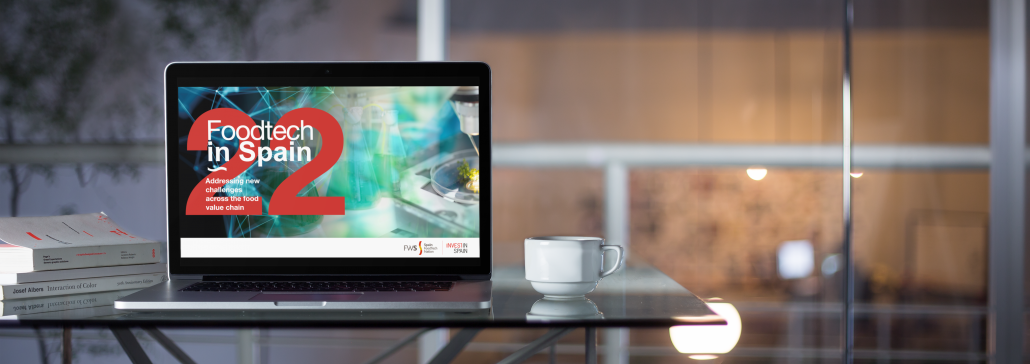
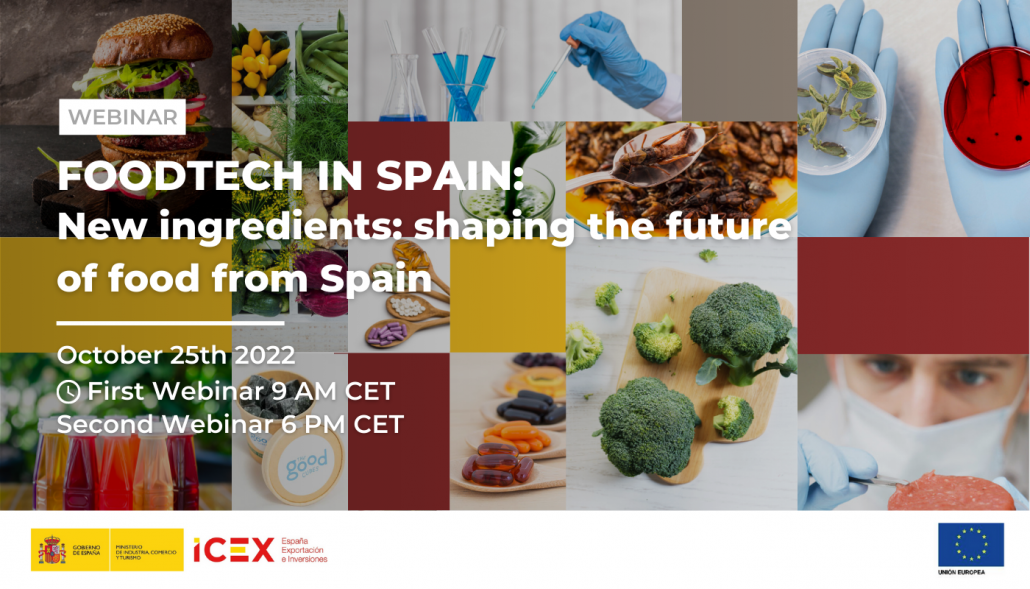
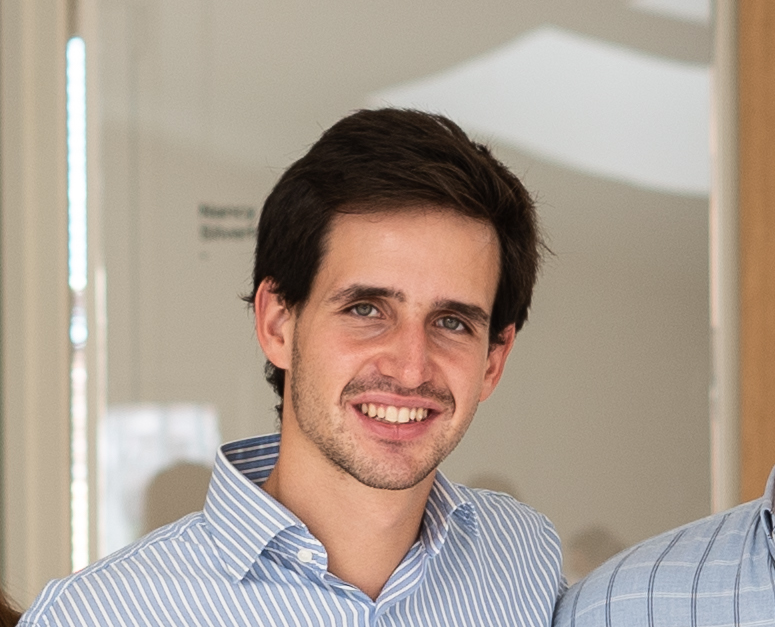
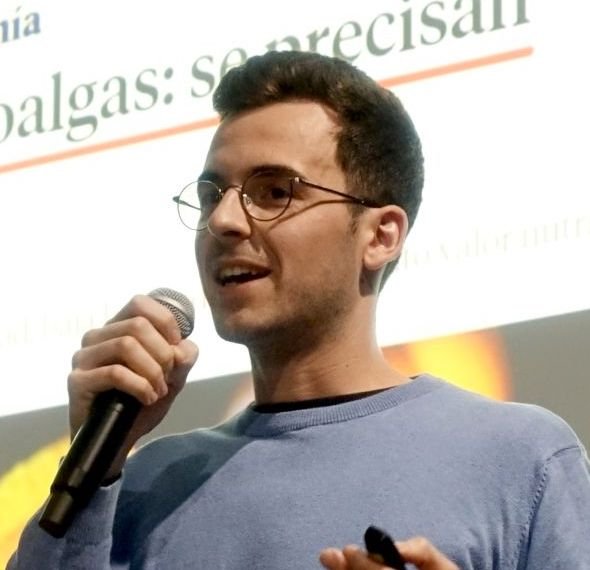


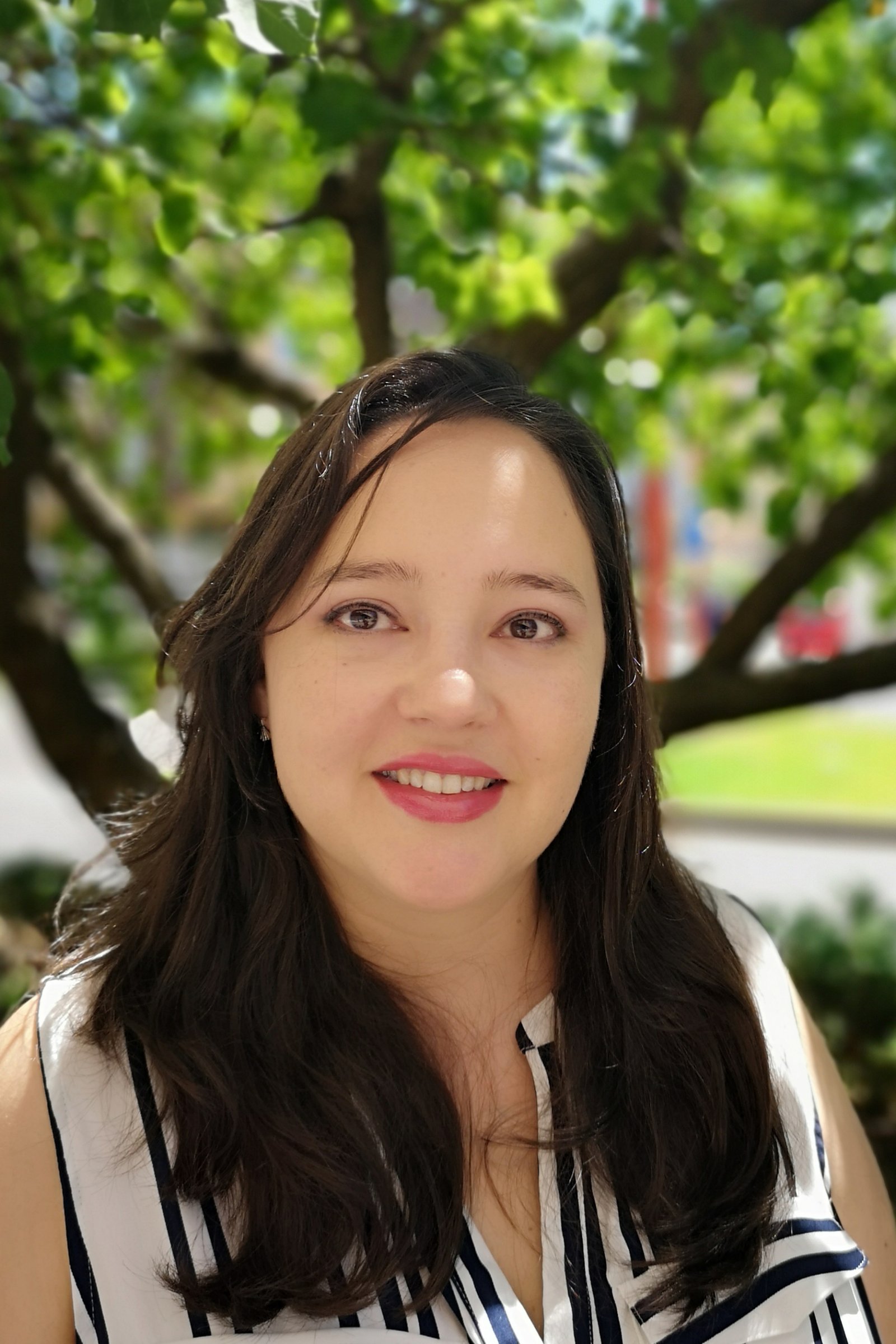

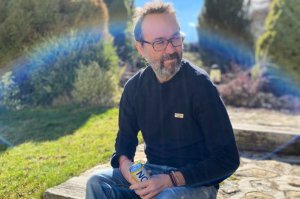 Nacho Alonso, CEO and Founder of
Nacho Alonso, CEO and Founder of 

